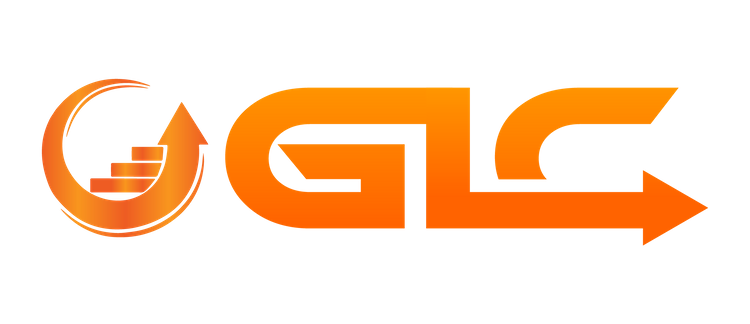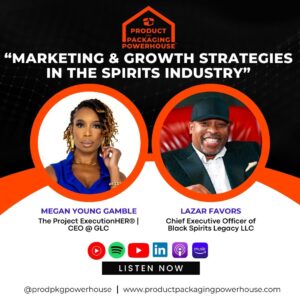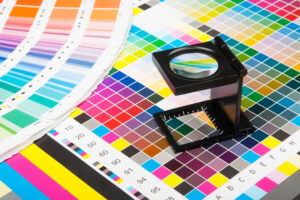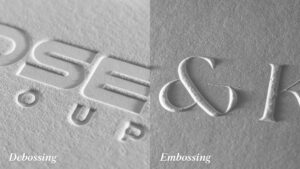Introduction:
Packaging is no longer just a vessel for protecting and delivering products to consumers; it has become a critical tool for sustainability, traceability, and customer engagement. In a recent episode of the Product & Packaging Powerhouse podcast, featuring packaging industry experts John Dwyer and Maurizio Carano, along with host Megan Young Gamble, we explored the future of connected packaging, sustainability, and the challenges brands face in creating more efficient and eco-friendly packaging solutions.
Here are the top five takeaways from their insightful conversation:
1. Connected Packaging: A Bridge Between Products and the Supply Chain
The concept of connected packaging is revolutionizing how we interact with products. Packaging is now becoming “smart,” with embedded technologies like RFID (Radio Frequency Identification) and QR codes that allow products to have their own unique digital identity. This innovation provides brands with unprecedented visibility into their supply chain, enabling real-time tracking, anti-counterfeiting measures, and theft prevention.
2. Serialization for Traceability and Safety
Serialization, the process of assigning a unique identifier to individual products, is becoming a key element of smart packaging. This technology allows brands to track products through every step of the supply chain, improving transparency and safety, especially in industries like food and pharmaceuticals. By enhancing traceability, brands can quickly identify and isolate issues, reducing the risk of large-scale recalls and protecting their reputation.
3. Sustainability: Moving Beyond Recyclability to Circularity
Sustainability has become more than just a buzzword—it is a critical component of modern packaging design. The conversation emphasized the importance of moving from recyclable to circular packaging solutions. Circularity focuses on designing packaging that not only gets recycled but can also be re-used or transformed into new products without loss of material quality. Technologies such as the NextCycle IML (In-Mold Labeling) and fiber-based labeling are just some examples of how the industry is striving to create fully sustainable solutions.
4. The Role of Data in Sustainability and ESG Goals
Data is playing an increasingly important role in helping companies meet their Environmental, Social, and Governance (ESG) goals. Connected packaging technologies can provide real-time data about product origins, supply chain journeys, and end-of-life recycling. This data helps brands quantify their sustainability efforts and track whether their products are being recycled correctly. This measurable approach to sustainability is key to meeting regulatory requirements and achieving corporate ESG objectives.
5. Challenges and Opportunities in Regulatory Compliance
As sustainability becomes a priority for businesses, so too does the challenge of navigating evolving regulatory landscapes. Countries like the U.S. and those in the European Union are introducing stricter packaging regulations around recyclability, single-use plastics, and circular economy practices. Companies need to anticipate these changes and adapt early to avoid falling behind. Initiatives like Smurfit WestRock’s pizza box recycling project, which helps ensure pizza boxes with grease are still recyclable, show how companies can align their packaging innovations with regulatory demands.
Conclusion: Packaging as a Strategic Tool for the Future
The future of packaging lies in its ability to connect consumers, brands, and the environment. Through innovations like connected packaging, serialization, and data-driven sustainability, companies can not only meet regulatory demands but also offer consumers a more engaging, transparent experience. As John Dwyer and Maurizio Carano highlighted, the road to a more sustainable and circular packaging ecosystem is complex, but the innovations in this space are driving the industry forward in exciting new ways.
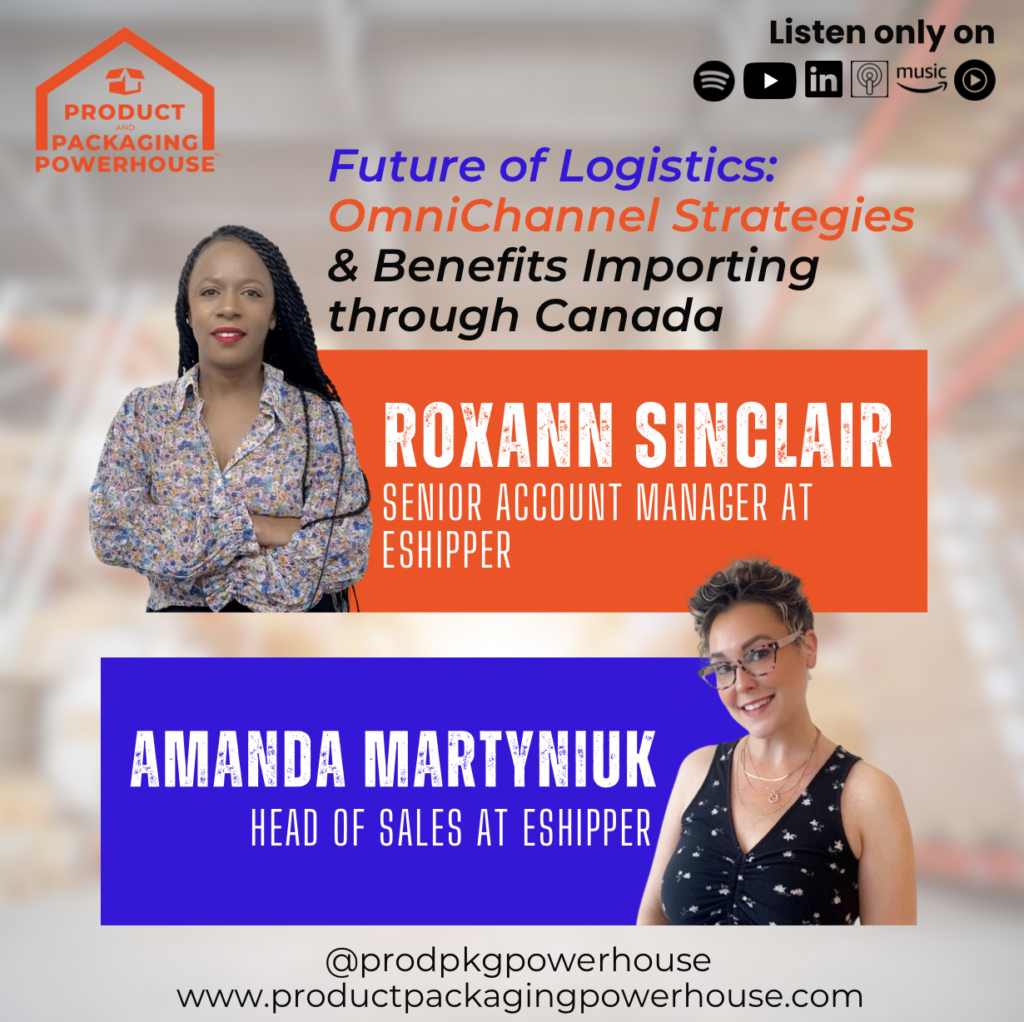
John’s Bio – John Dwyer is a DIgital Solutions and Smart Packaging Expert at Smufit Westrock. Throughout his career, he has focused on exploring innovative waye to connect customers, products and packaging through a personalized digital experience. John has been in the packaging industry his entire career and has worked in various roles from labels, sleeves, serialization and security printing. In his current role at Smurfit Westrock, he leverages his career experience and personal goal to explore each product’s value proposition with a unique ID and connect to the Cloud-what we call “Smart Packaging”
Maurizio’s Bio – Maurizio Carano is an experienced leader in the packaging industry, with a PhD in electrochemistry and over 20 years of expertise spanning sustainable packaging innovations and advanced labeling technologies. He worked his way up to leading initiatives at Multi-Color Corporation (MCC), focusing on solutions like NextCycle IML™ and Molded Fiber Labeling™. With a passion for sustainable food packaging and a global perspective shaped by living in 20 countries, Maurizio is dedicated to pushing the boundaries of packaging innovation and sustainability.
- John Dwyer LinkedIn: https://www.linkedin.com/in/johnpdywer/
- Email id: john.dwyer@smurfitwestrock.com
- Maurizio Carano LinkedIn: https://www.linkedin.com/in/maurizio-carano-105397b5/
- Email id: Maurizio.Carano@mcclabel.com
